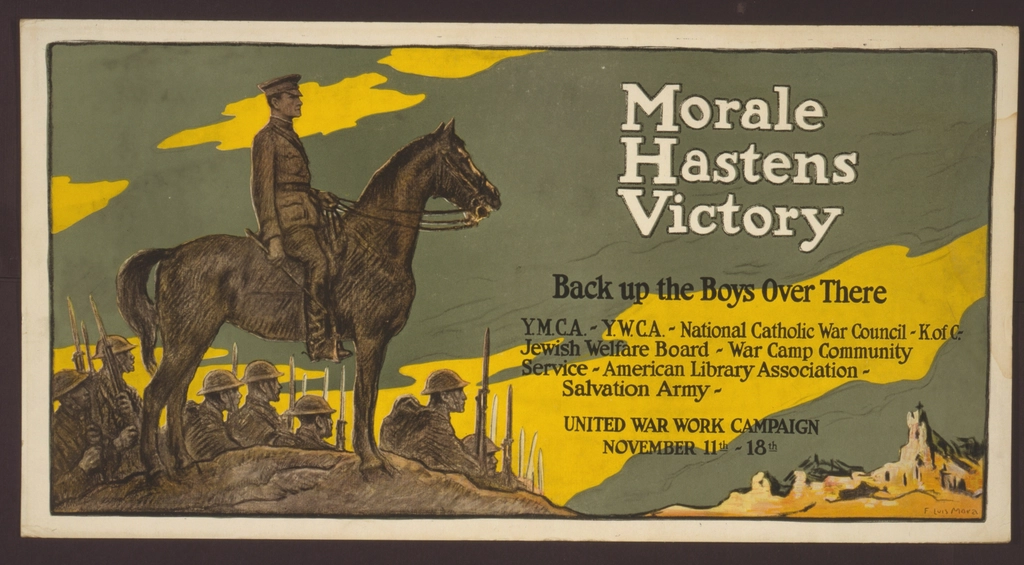
Universalism claims there are certain values that apply everywhere, to everyone, at all times. It sounds noble. Who wouldn’t want timeless moral truths? But when you look closely, you see that “universal” usually just means “whatever happens to be the current values of a certain society, right now.” Those values change over time, and they vary wildly across cultures and historical periods.
Germany, for example, legalized same-sex marriage only in 2017. Just a few decades ago, the majority of European countries criminalized homosexuality. Now many of those same countries are shocked — even outraged — that it remains illegal elsewhere, as though their own moral path was obvious and inevitable all along. But history shows otherwise: what counts as a moral “must” in one era can be unthinkable in another.The trouble starts with the dominant mindset of humanist dreamers, that all the people naturally long for peace and quiet.
Well, wouldn’t it be nice? But it is so obviously a dream or a convenient scam. Violent movies and video games are all the rage. (The mere expression of being all the rage actually meaning something positive proves my case). Purely sadist film directors are worshipped as great artists. Many young men get involved in violent crime and guess what, when people think they can get away with it, especially in war time, start to behave extra cruel and violent, sadistic and start raping and molesting. (BTW semilegal torturecamps are another example. If people love peace so intrinsically why do they take selfies with humiliated prisoners??
So yeah some people sometimes want peace and quiet and some people sometimes don’t. And societies who tell you now, that longing for peace is oh so universal, will send their children into suicide missions, whenever it’s convenient and tell them that’s a “heroic” way to die.
The second trouble lies in assuming that whatever happens to be fashionable in one society must be – secretly longed for – everywhere else, right now. That’s not moral law; it’s short-term cultural imperialism presented as eternal truth. And it’s mostly articulated by politicians abroad for their domestic audience, not out of any real desire to “help” the people supposedly addressed. In doing so, they feed a feedback loop: the home audience becomes even more convinced of the moral cause, while the politician feels further pressured to keep the rhetoric high.
At its core, it’s more about virtue signaling to peers than about real change — a performance that does little good for those actually living the situation.
Even more telling is how universalist activism often ignores the wishes and safety of the very people it claims to help. Consider the case of gay prides in Russia. Some foreign activists demand public parades as a mark of progress, but many gay people in Russia — and plenty of sensible allies — point out that such events in certain regions would be reckless. Participants could face years of harassment or worse, with no realistic way to provide the necessary protection. In these cases, quietly improving everyday safety and acceptance might do more for people’s lives than staging a high-risk symbolic gesture. Believe it or not, but having a parade; is not actually quintessential for most gay folks… What a surprise!
What universalism often produces, then, is a disconnect between the loudest voices and the most helpful actions. The advocates pushing hardest are often far removed from the risks, while those living with the reality know that sometimes the quieter, less glamorous approach makes more difference.
Why on earth were transsexual people using toilets a topic in US elections? How much more niche can you go? Have you even heard a transperson complain about this issue? Have you even met a transperson at your veggie diner with oat milk macha latte, signing online petitions for women in Afghanistan?
Universalism, in the way it’s most often practiced, is neither truly universal nor timeless. It’s a snapshot of current values, wielded as if they were written into the fabric of the universe. If we actually want to make life better for people, we should stop chasing the illusion of a single global moral script and start listening to the people who live the reality — even if what they ask for is less vocal, less visible, and far more practical.





